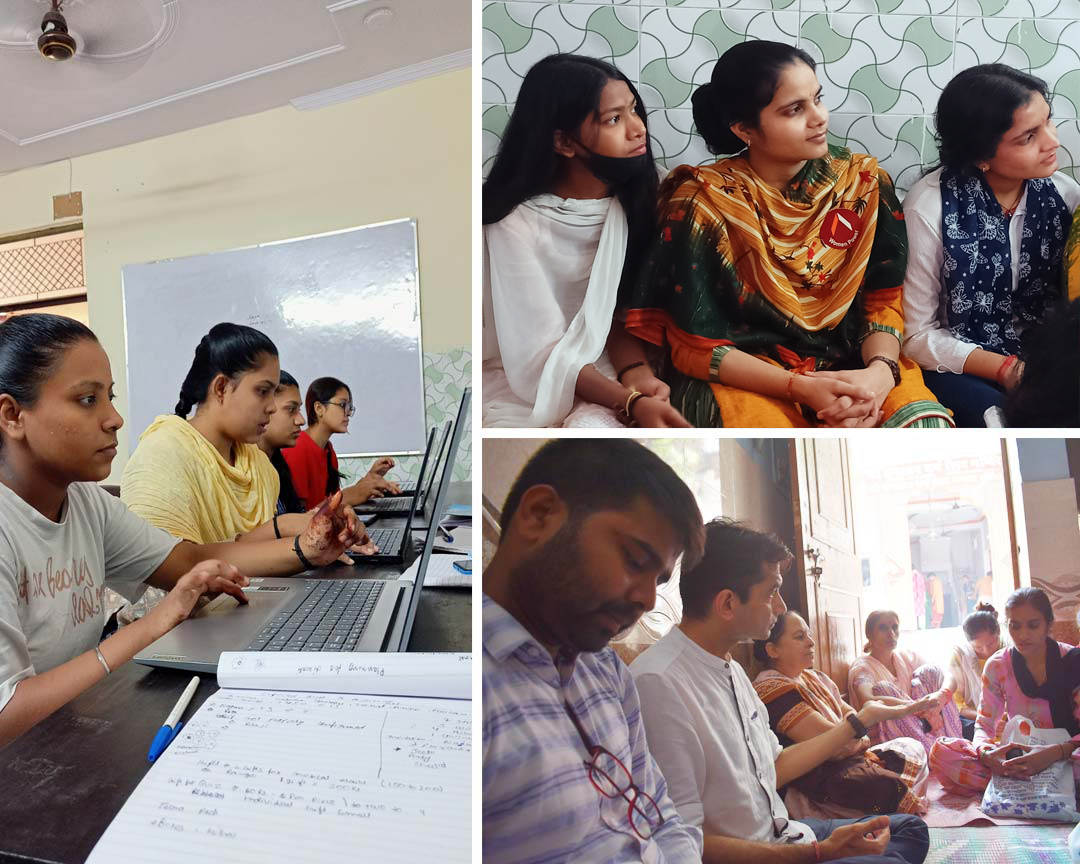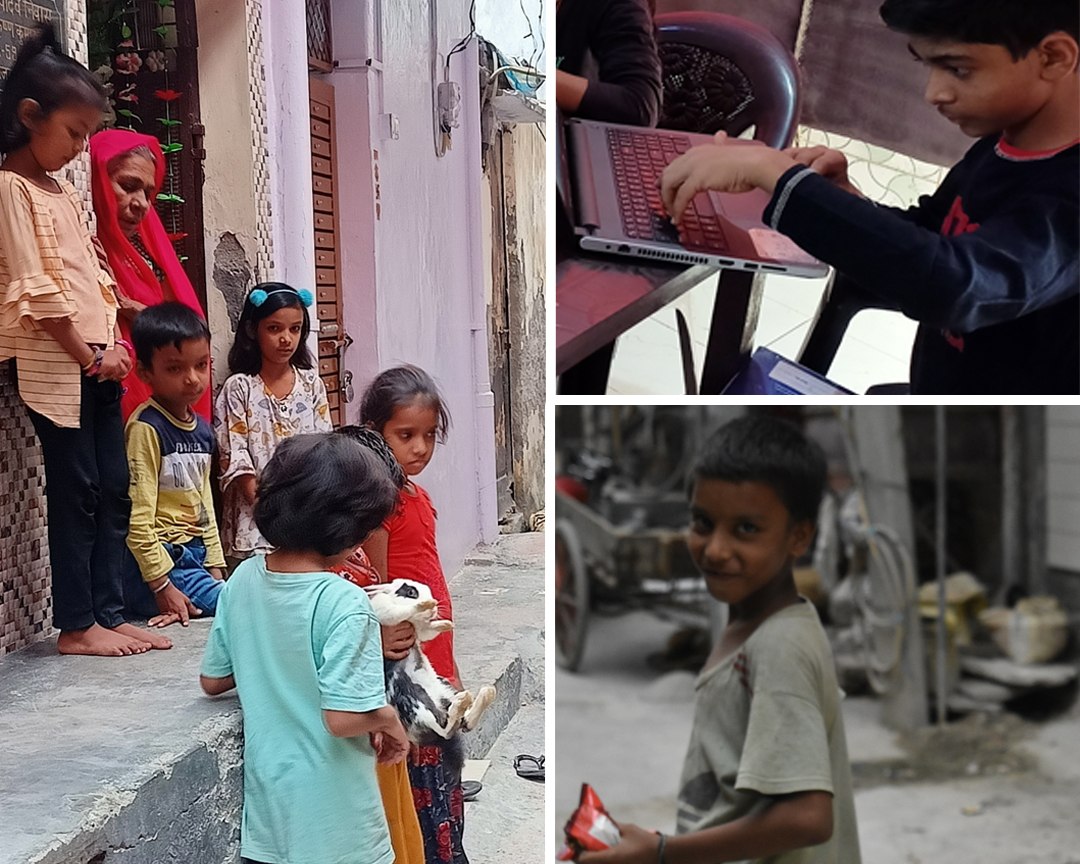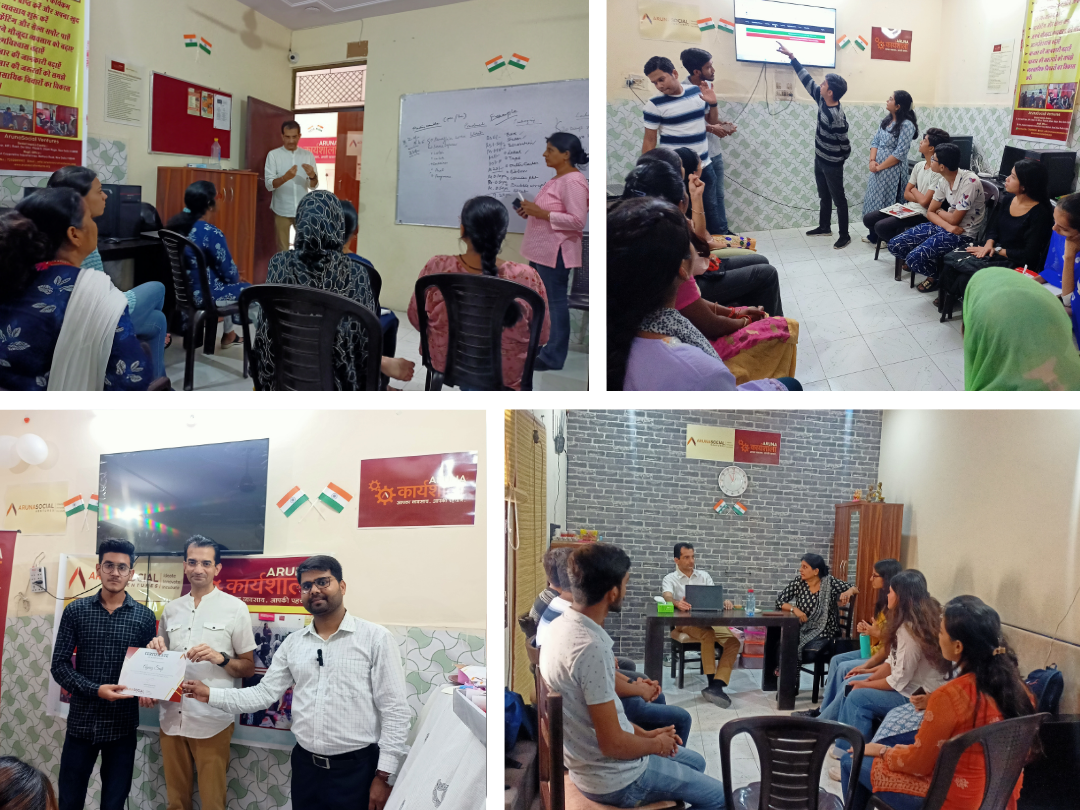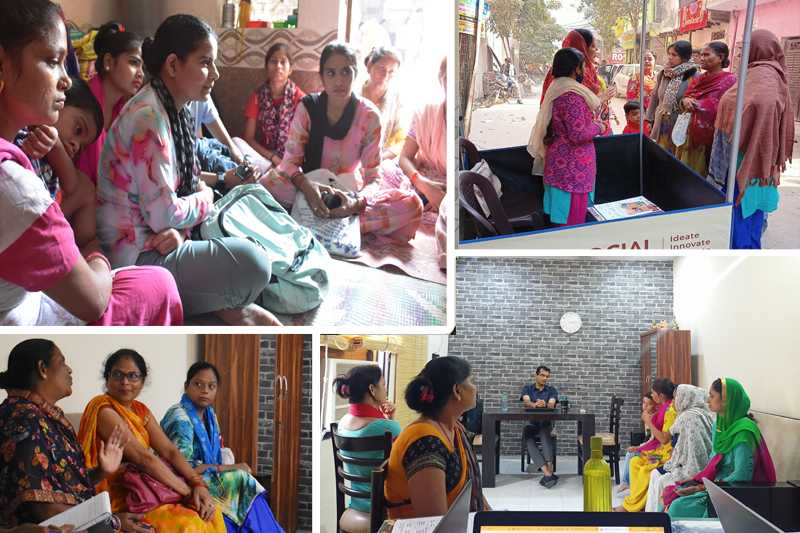Our Story
- Home
- Our Story

Based upon insights gathered over the years both from the social and corporate sector, it has been observed that typically, long term sustainability is not built in from the inception of social initiatives. Program impact is largely limited only to the program support period and real impact fades away once support is withdrawn. Thus the impact, which should have sustained even after the end of the program, gets diluted and the beneficiaries and the targeted community go back to the pre-intervention stage.
Most of the livelihoods based social initiatives focus on producing goods to generate livelihoods for communities with limited access to market and market linkages. The absence of long term and sustainable market linkage models and a robust marketing strategy hampers the long term sustenance of such initiatives.
Most interventions related to women’s empowerment are not able to have the required impact and are not sustainable as lack of economic empowerment results in women from disadvantaged backgrounds continuing to be vulnerable and open to exploitation from male members of the community. Inability of women from disadvantaged sections of the community to support themselves financially without support from male family members leads to them being dependant on their family even under exploitative conditions.


In the face of a highly competitive job environment, there is an urgent need for increased youth entrepreneurship to foster innovation, self-reliance, and economic sustainability. The traditional job market is becoming more competitive, making it imperative for the youth to explore alternative paths, such as self-employment and entrepreneurship.
Youth entrepreneurship not only provides individuals with the opportunity to create their own ventures but also contributes to job creation, economic growth, and community development. Empowerment of youth through entrepreneurship allows for the cultivation of critical skills such as creativity, problem-solving, and resilience, which are essential in navigating the complexities of the modern business landscape. Moreover, it instills a sense of ownership and responsibility, shaping a generation that is not just job-seekers but job creators. Encouraging and supporting youth entrepreneurship is crucial for shaping a dynamic and self-sufficient workforce that can adapt to the evolving demands of the global economy.
Entrepreneurship programs undertaken for economic empowerment of women are mostly limited to providing one-off or specific skill related training. There is little or no handholding support to establish successful enterprises or develop entrepreneurs post the training.
Typically entrepreneurs from disadvantaged communities lack resources, technical and managerial skills, along with lack of strong support system to fall back on in time of need and crisis. Moreover, low self-esteem leads to lack of confidence to undertake any economic activity independently. In addition to this, low awareness levels and fear of interacting with strangers limits their ability to scale-up their enterprise or livelihood generation activity.

The co-founders’ many decades of experience in the social and corporate sectors have given them deep insights regarding the working of both, and this has helped them launch ArunaSocial Ventures with the vision to create long-lasting impact on society based upon their learnings over the years.
ArunaSocial Ventures is an initiative aimed at starting a movement - a movement which will bring awareness about the importance of sustainable livelihood generation opportunities and help potential entrepreneurs within the disadvantaged communities of the country to establish their own micro-enterprises, to achieve economic empowerment and live their life with dignity and integrity.
